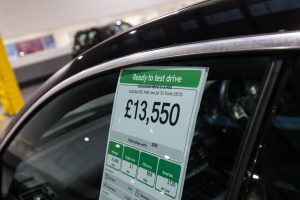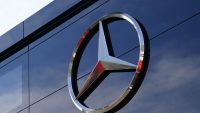The average price of a used car soared by nearly 24 per cent last week, new figures show.
Data from Auto Trader revealed prices on a like-for-like basis rose by 23.9 per cent year-on-year last week – the 76th week of consecutive price growth, and up considerably on the 5.7 per cent rise seen when showrooms reopen on April 12.
The firm said the price rises are still being fuelled by a ‘dramatic’ increase in consumer demand.
Its Market Insight tool was up 19 per cent (based on searches and advert views on Auto Trader) last week, when compared to the same period in 2019.
Auto Trader also recorded 14.8m cross platform visits to Auto Trader, which marks a massive 32 per cent increase on the same week two years ago.
There was also a 20 per cent rise in the hours (2.2m) consumers spent researching their next car on its marketplace.
Last week, it took an average of just 23 days for stock to leave forecourts, which is 17 per cent faster than the speed of sale recorded during the week of April 12.
The Auto Trader data also showed levels of supply were down by 12 per cent last week versus 2019, and a rise in the number of used cars now costing more than their brand new equivalents.
Over 17 per cent of the nearly new cars available in the market (those aged up to 12 months) are currently more expensive than brand new models, the firm said.
Last week’s rise was on top of the 11 per cent recorded in August, and over four times as many than in January (four per cent).
Auto Trader said ‘remarkably’ 37 per cent of nearly new cars are currently priced within five per cent of their brand-new counterparts, up from 28 per cent in August and 13 per cent at the start of the year.
The company’s data and insights director, Richard Walker, said: ‘With so much attention focussed on inflation right now, there’s huge interest amongst economists on those components that are recording substantial price rises, not least used cars which have been a notable driver of recent UK inflation rates.
‘With levels of used car price growth once again smashing previous records, there is a lot of speculation around how long this boom could last.
‘Whilst inflation in itself does pose a potential risk to consumer demand, we don’t expect to see price growth slow anytime soon.
‘This is based on the continued acceleration we’re tracking across the market – fuelled, in part, by increased levels of household savings, a positive sentiment shift towards car ownership, and the 1.5m “lost” transactions last year – coupled with the ongoing shortage in both new and used car supply.’
Auto Trader also said it continues to see fewer retailers adjusting prices on fewer vehicles and by smaller amounts.
Of the 2,218 retailers who made daily price adjustments last week (202 fewer than in the same period in 2019), the average price adjustment was just -£96.
This time two years ago, retailers were making an average reduction of -£304, 68 per cent more.
Last week’s biggest price increases
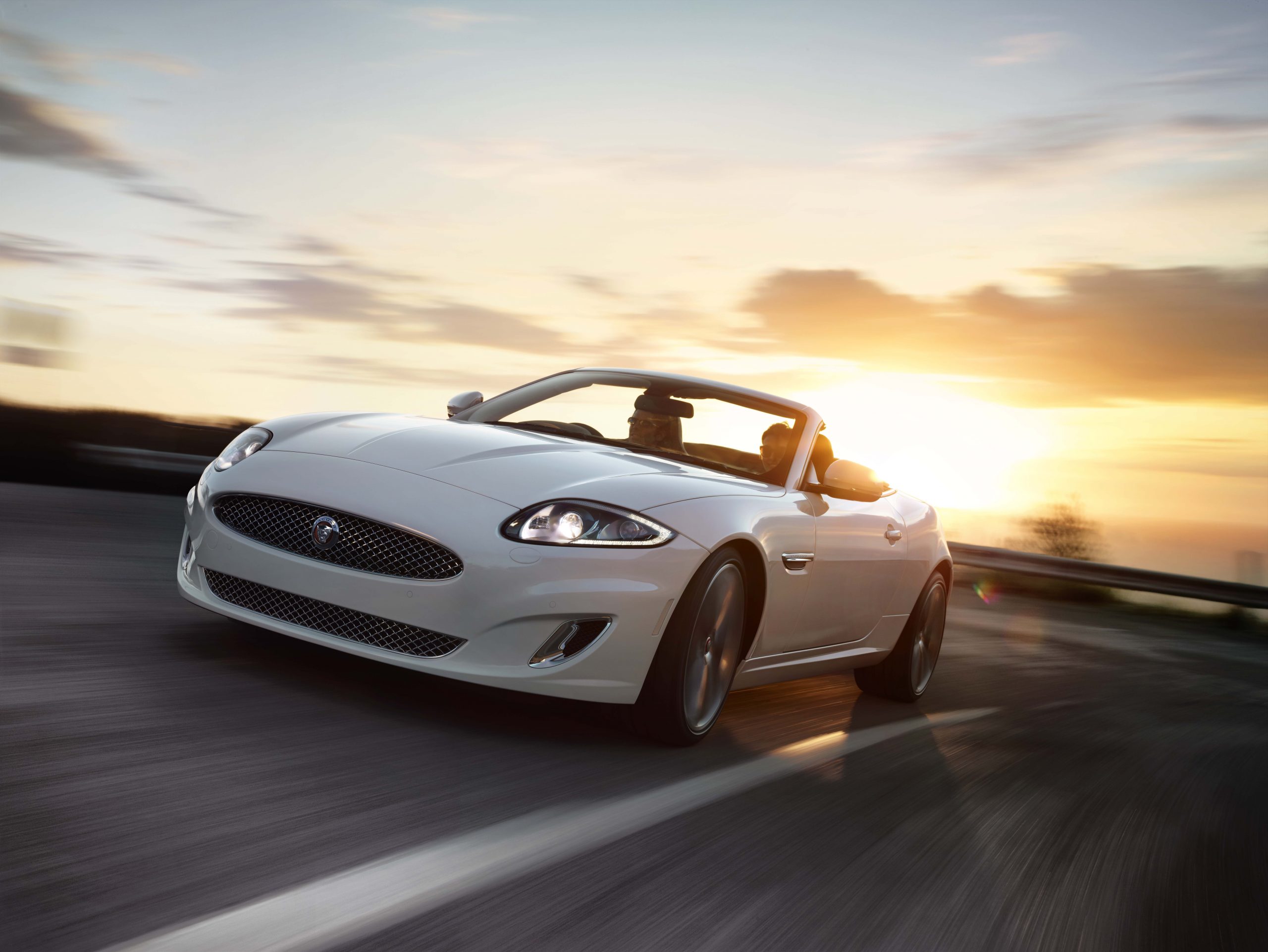
1. Jaguar XK
Average asking price: £28,505
Price change: 46.1 per cent
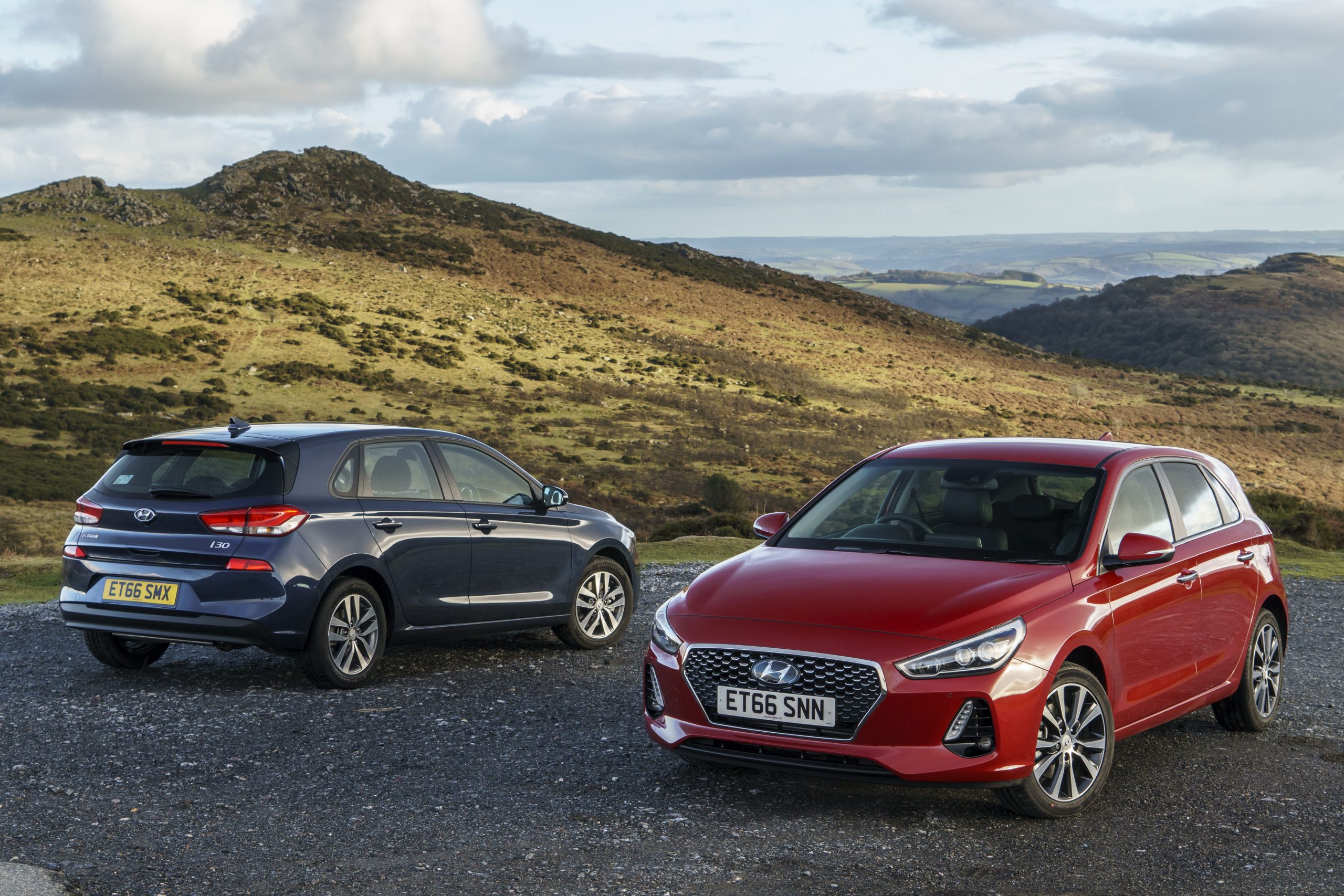
2. Hyundai i30
Average asking price: £12,605
Price change: 41.8 per cent
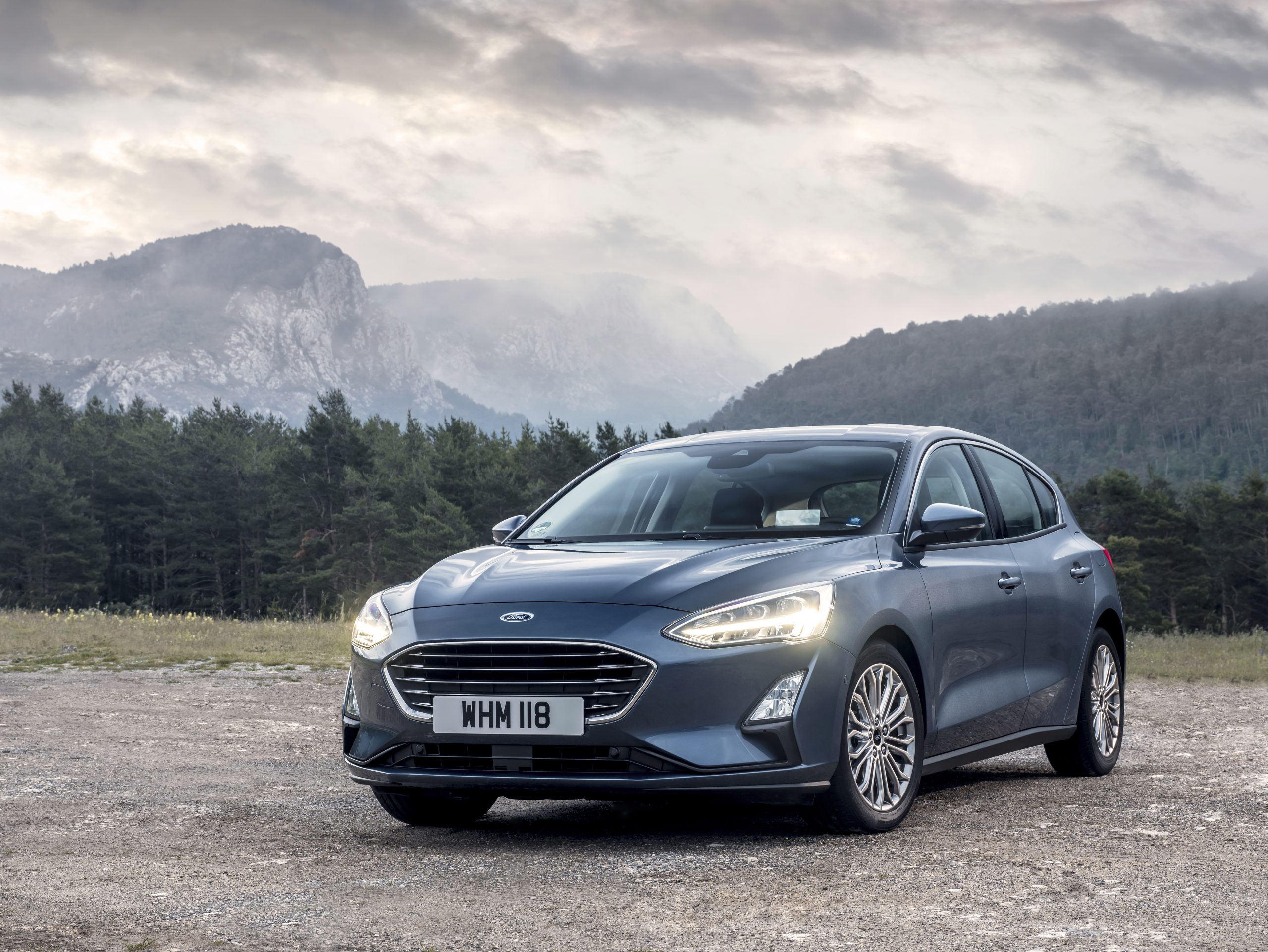
3. Ford Focus
Average asking price: £14,118
Price change: 39.1 per cent
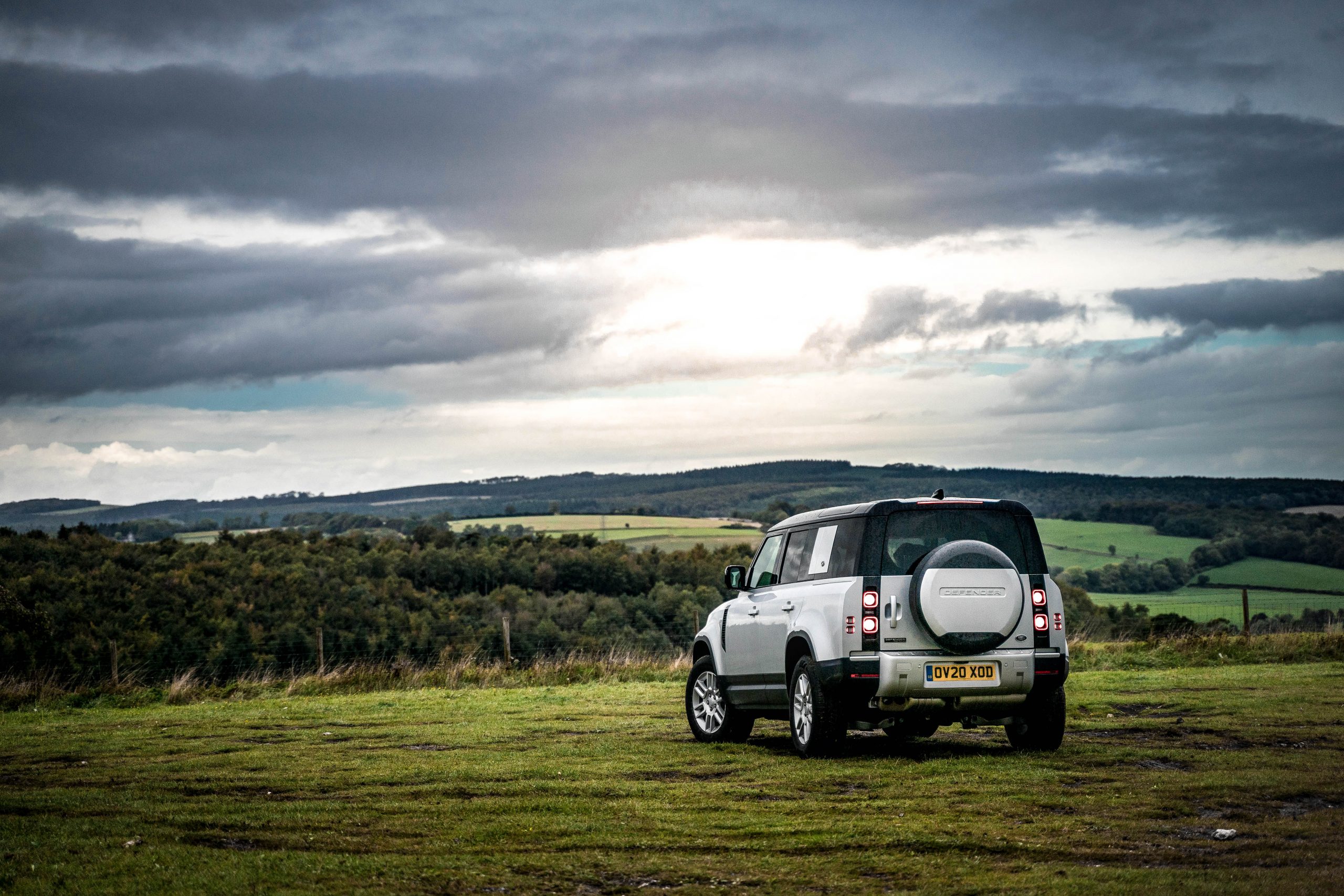
4. Land Rover Defender 110
Average asking price: £78,767
Price change: 38 per cent
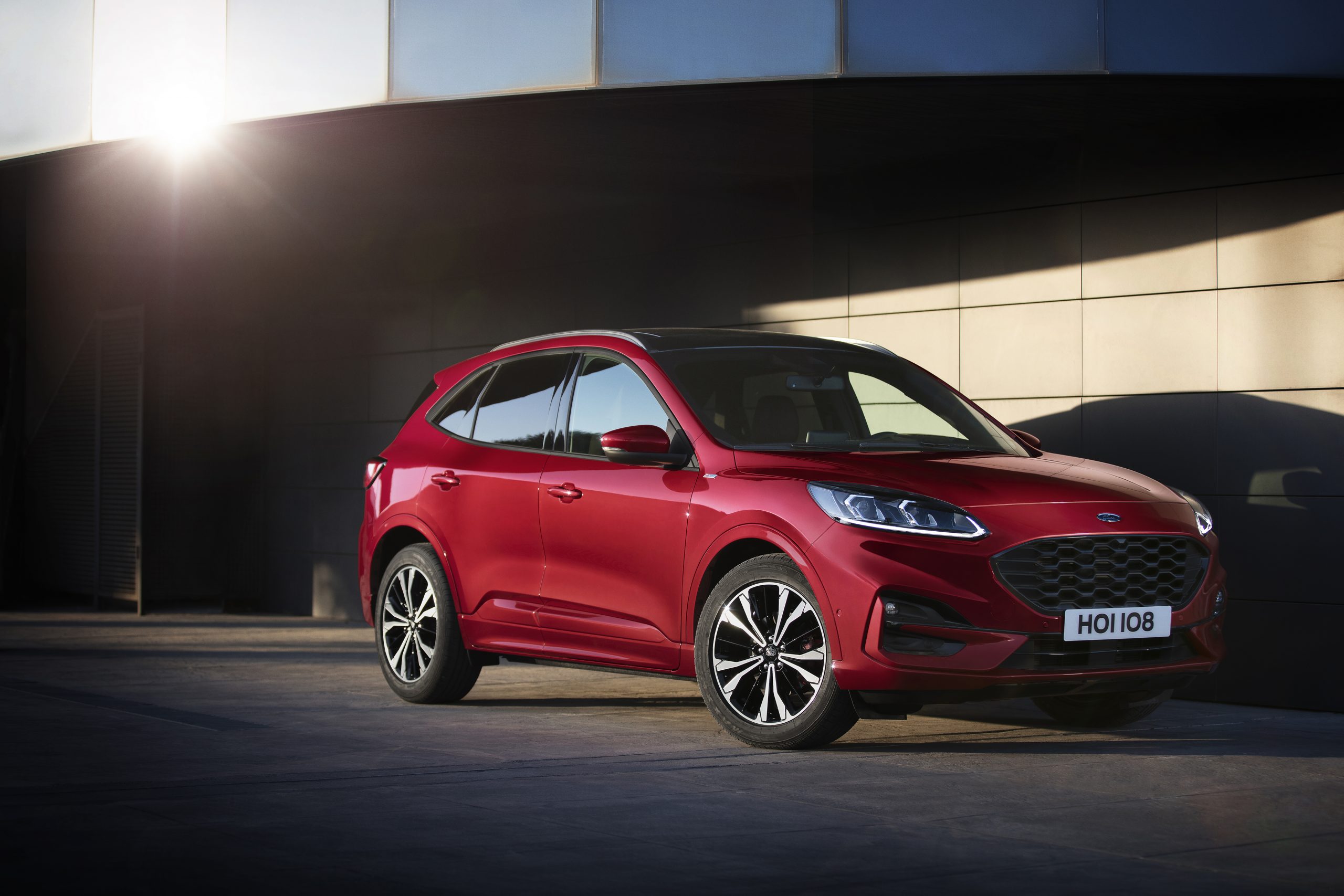
5. Ford Kuga
Average asking price: £19,587
Price change: 35 per cent
Last week’s biggest price decreases
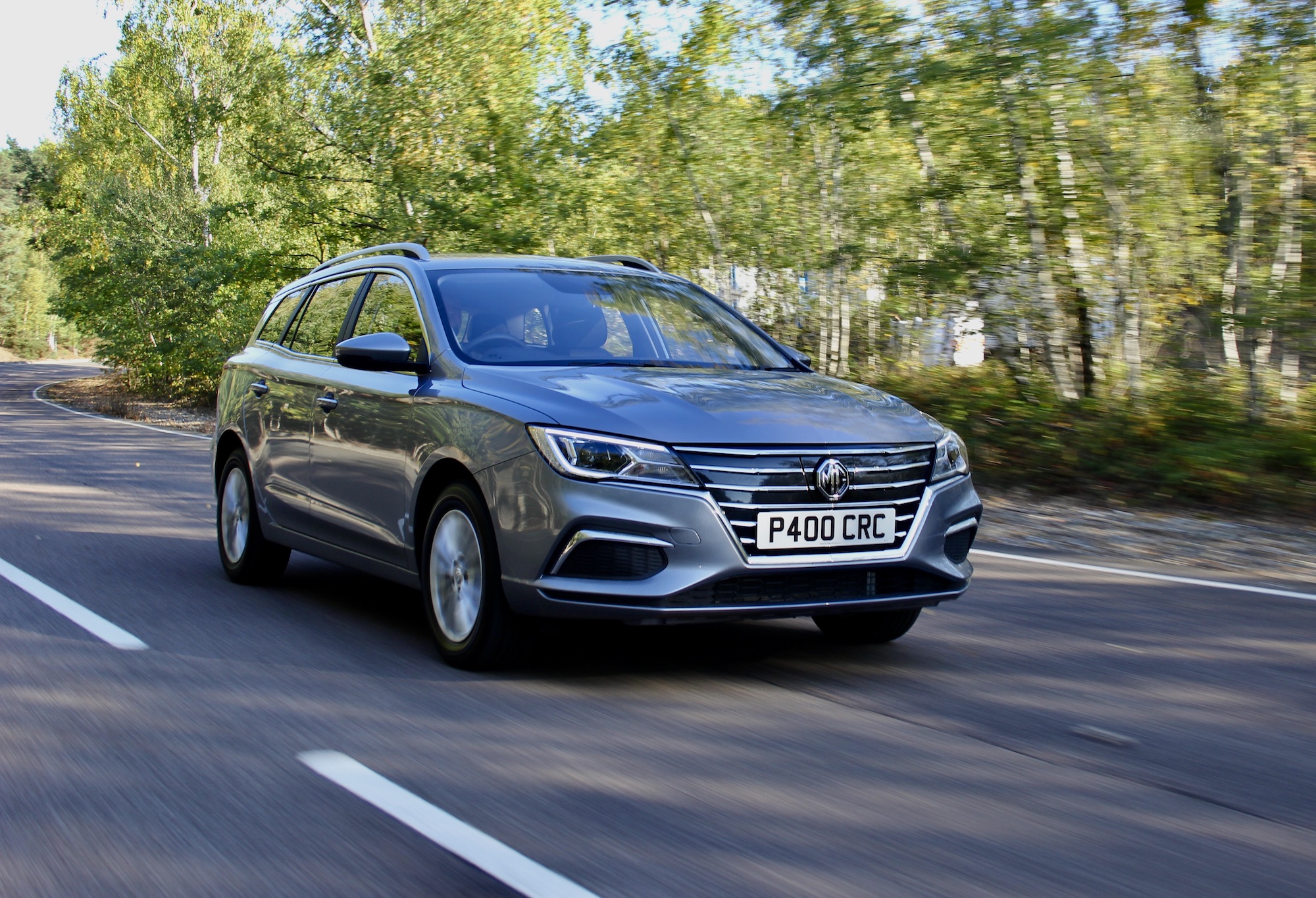
1. MG5
Average asking price: £24,479
Price change: -11.7 per cent
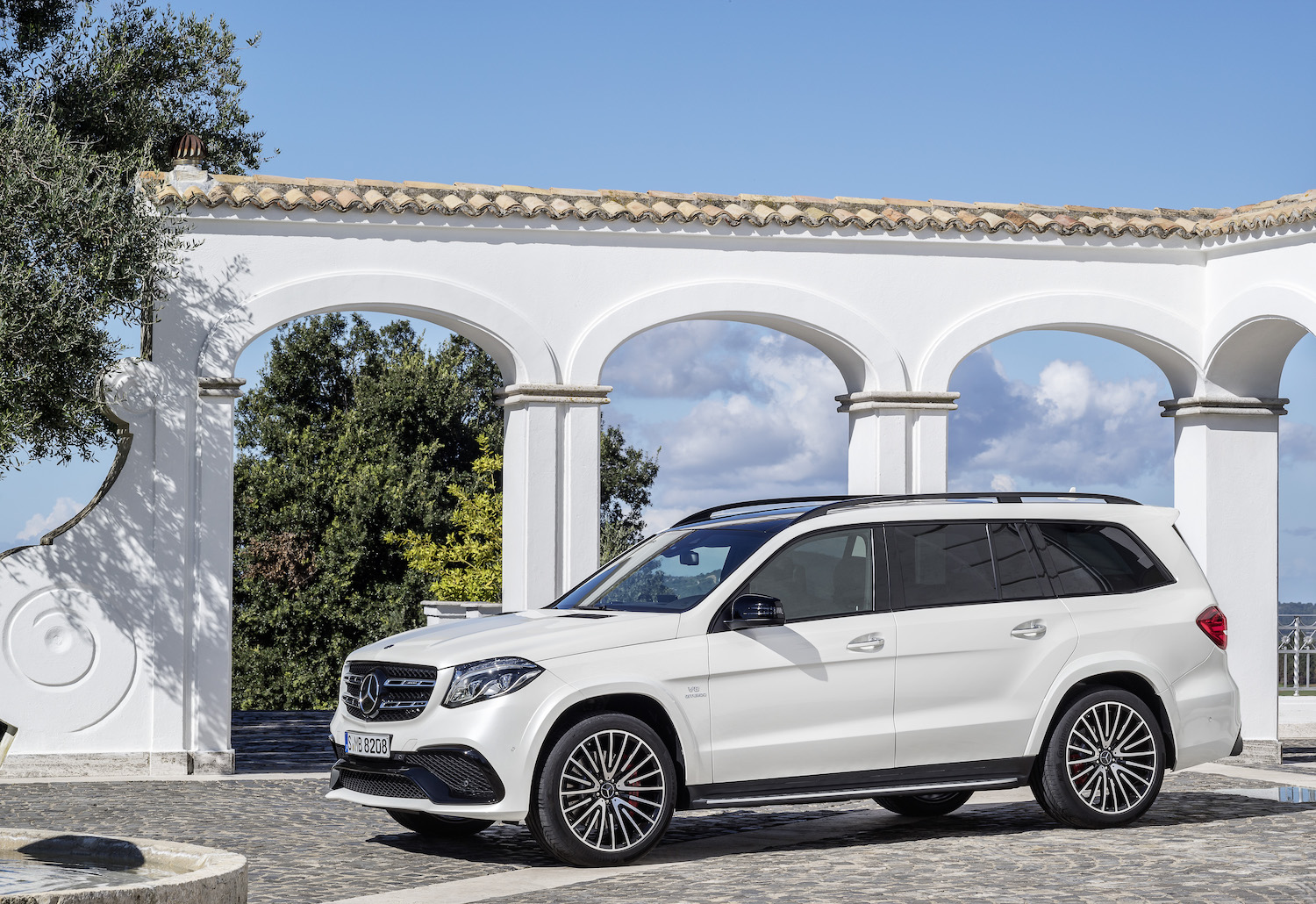
2. Mercedes-Benz GLS
Average asking price: £56,994
Price change: -8.3 per cent
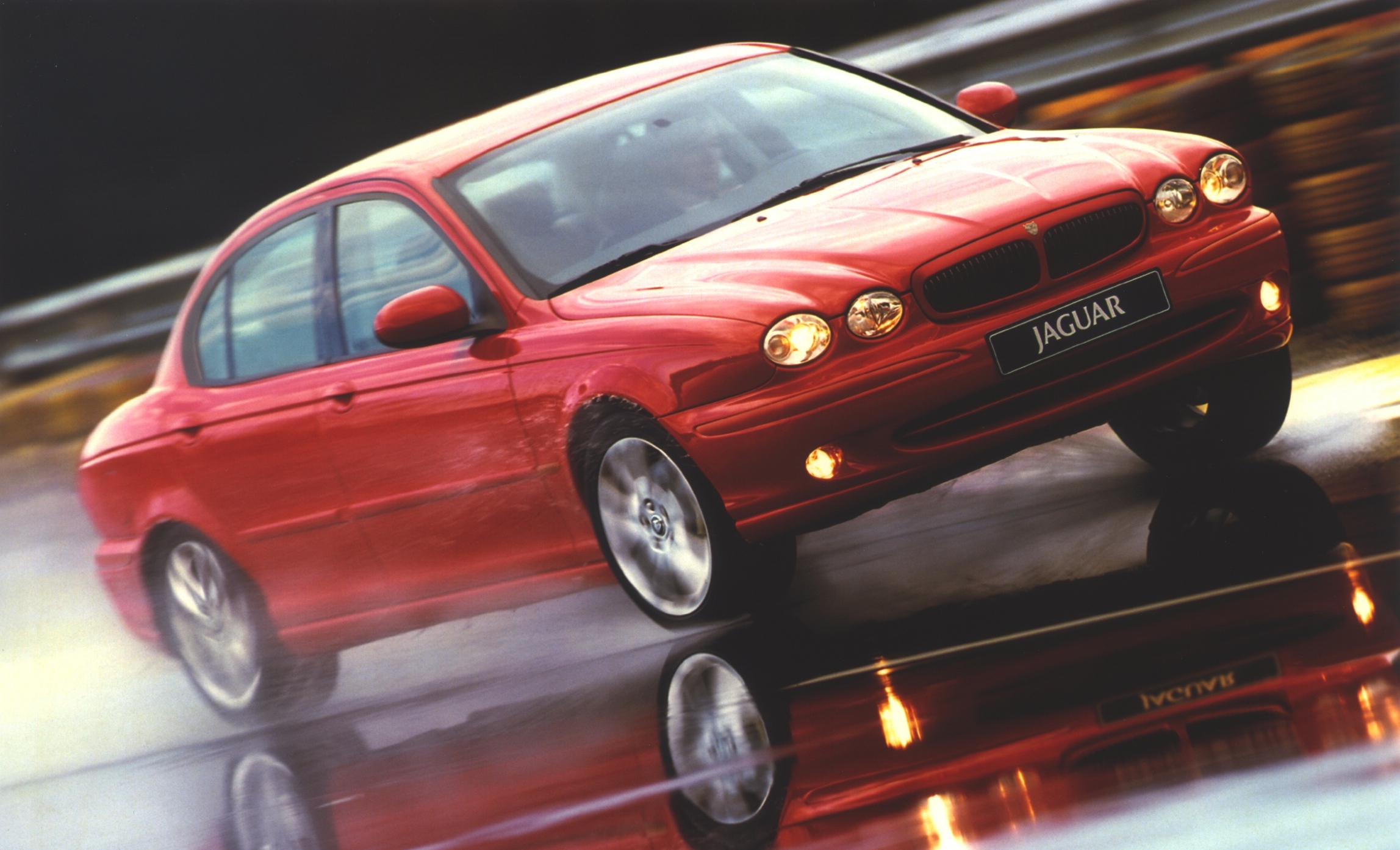
3. Jaguar X-Type
Average asking price: £3,539
Price change: -7.3 per cent
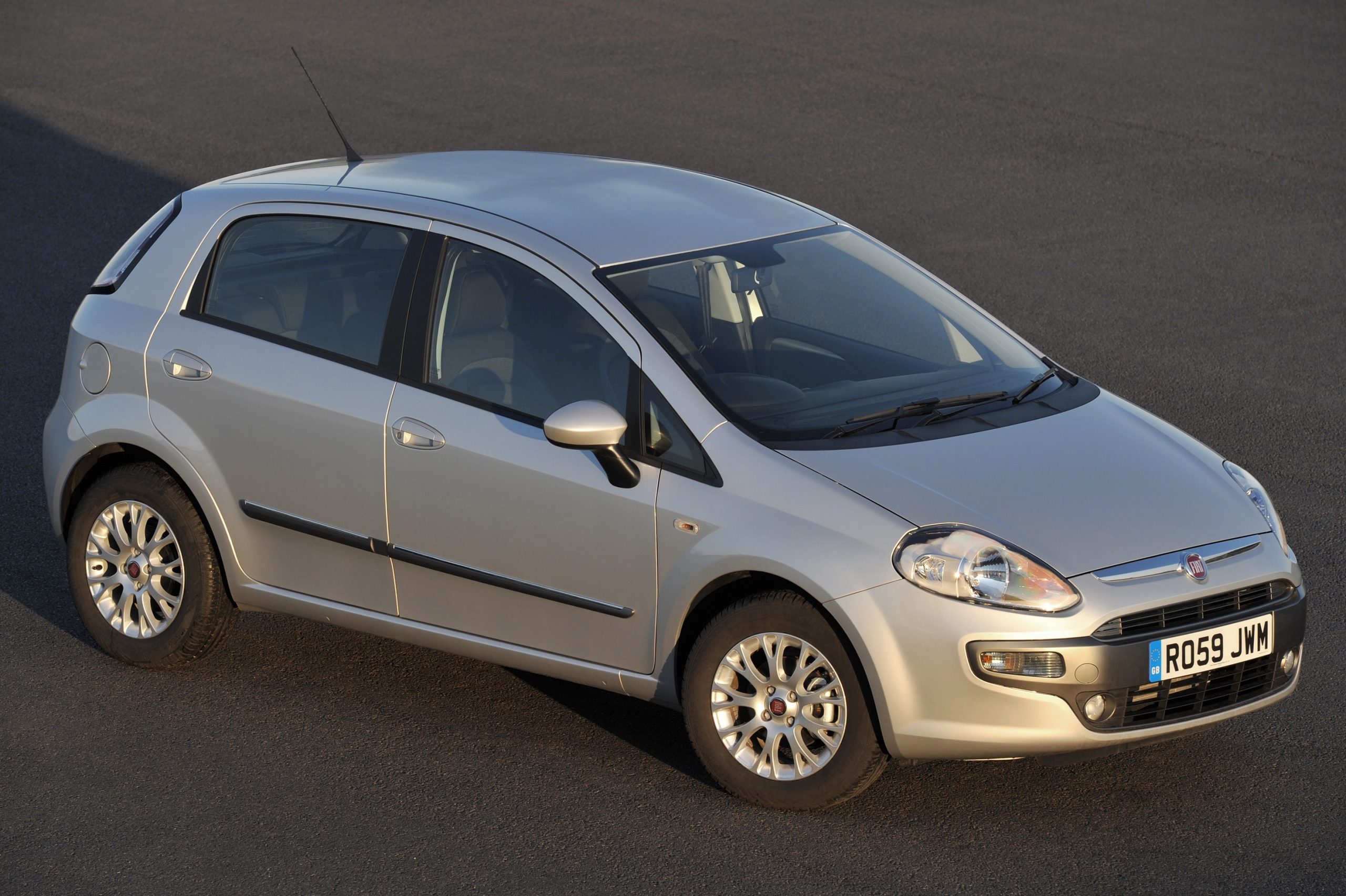
4. Fiat Punto Evo
Average asking price: £2,420
Price change: -5.2 per cent
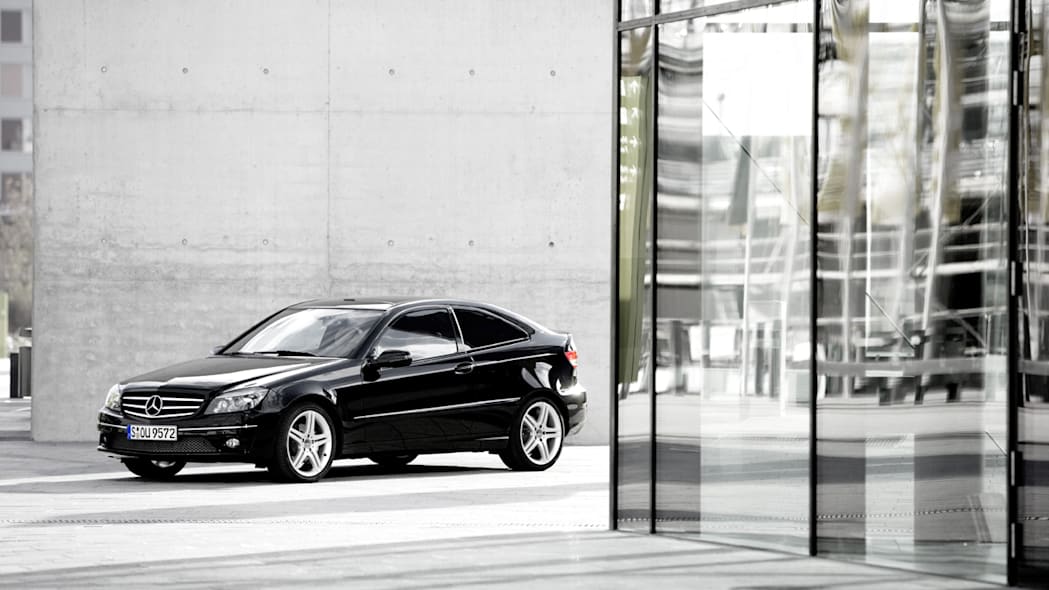
5. Mercedes-Benz CLC
Average asking price: £4,237
Price change: -4.5 per cent



